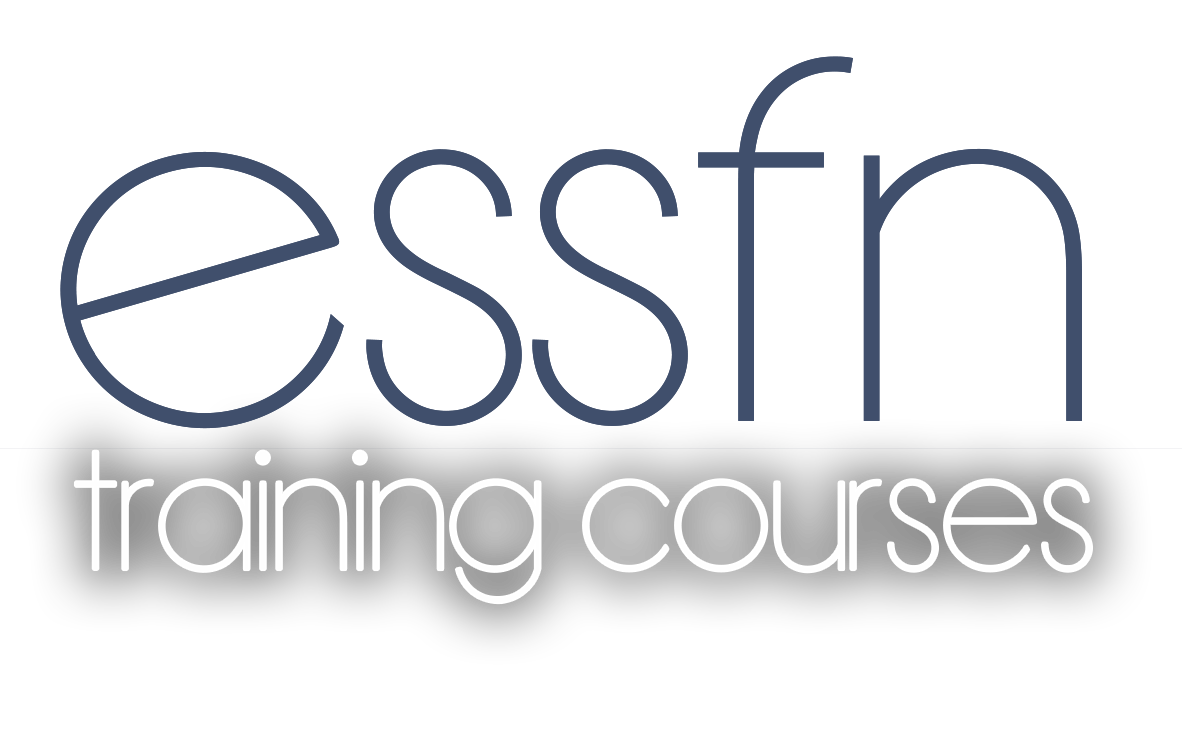The entire program is spread over a period of 4 years and divided in 8 modules organized independantly as follows:
- 1 Basics (history, technics/ frames, anatomy, atlases, imaging, biopsy …)
- 2 Movement disorders (anatomy & physiology, Parkinson´s disease, dystonia, tremor, radiofrequency lesioning, stimulation, imaging, MER, etc …)
- 3 Pain (classification, anatomy & physiology, ablative techniques, infusion, stimulation (SCS, DBS, MCS, ONS), trigeminal neuralgia, including cluster headache and migraine
- 4 Spasticity (rhizotomies, Baclofen pump, …)
- 5 Epilepsy (classification, pathologyphysiology, preoperative workup, imaging, invasive investigations, psychiatric & and cognitive aspects, cortectomy technics, alternative technics)
- 6 Psychiatry (history, basics of modern psychiatry, anatomy, lesioning, neurostimulation, ethics, …)
- 7 Radiosurgery (history, physics, radiobiology, radioprotection, AVM, benign tumors, metastases, functional indications, …)
- 8 Basic science (imaging, research methodology, transplantation, ethics, …)
The unique nature and interdisciplinay nature of this specialty requires special training and skills.
Required skills for the Practitioner
Practitioners in Stereotactic and Functional Neurosurgery (SFN) must:
- be familiar with the signs and symptoms of disorders amenable to diagnosis and treatment by SFN techniques;
- conduct thorough and accurate neurological examinations to evaluate patients with neurological disorders;
- understand the pathophysiology and natural history of these disorders;
- know the indications and contraindications to SFN procedures;
- be skilled in the clinical and technical aspects of their implementation;
- have an exact knowledge of topographical anatomy, functional neurology as well as a neurosurgically oriented knowledge of diagnostic neuroradiology using different imaging modalities;
- be familiar with other therapeutic alternatives;
- have a thorough understanding of the pre- and postoperative management of patients;
- be prepared to work in a multidisciplinary team delivering the service;
The objective of training in SFN is to provide trainees/fellows with an organized, comprehensive, supervised, full-time educational experience in SFN techniques and related procedures in diagnostic neuroradiology and neurosurgery, including the comprehensive clinical management of the diseases involved.
